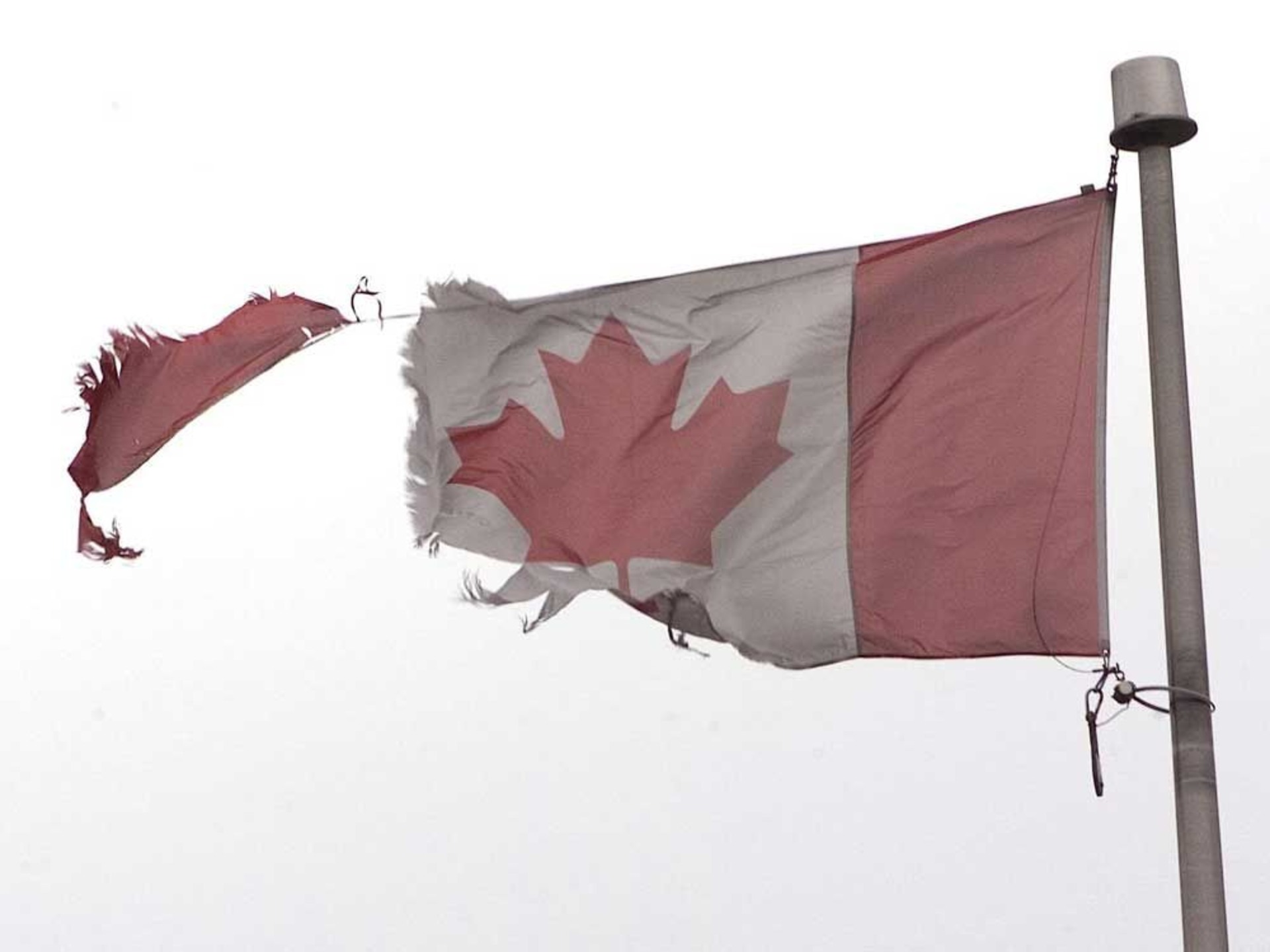RBC, CIBC, Bank of America join economists predicting Canada will slump into recession this year!
13 Mar 2020
A recession is coming, a growing number of economists warn as Canada’s economy is battered by the unprecedented slam of the coronavirus, financial market chaos and crashing oil prices.
Economists for RBC, CIBC, Bank of America and Oxford Economics now say that Canada will experience a technical recession in 2020 (two consecutive quarters of contraction).
“Hit by both the virus and oil markets, Canada and the U.S. are likely to join a growing list of countries facing an economic contraction,” CIBC economist Avery Shenfeld and Benjamin Tal, said in a note Friday.
Oxford says Canada’s fragile economy is already shrinking (it predicts 0.3% GDP decline in Q1), as the impact of the virus and oil crash compound earlier problems from rail blockades, Ontario teacher strikes and severe weather in some areas of the country.
In the second quarter it sees a 1.4% decline. “The COVID-19 pandemic is spreading globally like wildfire, and actions to contain the outbreak such as lockdowns and travel bans will severely impact the economy,” wrote Oxford economist Tony Stillo.
Canada’s 10-year bond yields have hit a record low 0.53% and the collapse of oil prices to about US$30 has pushed the Canadian dollar to around 72 cents.
RBC Economics expects a deep contraction in the second quarter, followed by a milder decline in Q3.
There will be job losses in Canada, especially in vulnerable sectors like energy, but they will be temporary, said RBC. “We expect the impact of the coronavirus to fade after the end of the first half, though low oil prices will constrain Canada’s recovery for the rest of the year.”
The slowdown will cut growth for the year to 0.2%, a sharp decline from last year’s 1.6%, it predicts.
CIBC’s outlook for the year was even bleaker.
“We’re bracing ourselves for annualized declines in the 3% range for Canada in each of the next two quarters. Output for the year as a whole will show no growth in 2020, even with a Q4 rebound, with the U.S., less tied to oil, only slightly better,” the CIBC economists said.
Most expect the Bank of Canada to cut another 100 basis points by mid-year, after its 50 bp cut in March, to address the deteriorating economy.
“While Canada’s policy rate will fall to an ultra-low 0.25%, addressing the crisis will require a coordinated health and fiscal response,” wrote Oxford’s Stillo.
Here’s what you need to know this morning:
- Stocks are climbing around the world, promising better day after bloodbath
- World stocks set for worst week since 2008 financial crisis
Bank of Canada says it will provide more liquidity for markets - Canadian oil and gas companies plunge to lows not seen in decades as travel ban strikes another blow
- Gold miners struggle to gain traction despite metal’s safe-haven status
Canadian airline stocks plummet after U.S. bans flights from Europe - COVID-19 crisis: Justin Trudeau to go into isolation for 14 days after wife Sophie tests positive for virus
- OPEC+ deal collapse, virus double whammy to keep oil in $30s range
The Rock in a hard place: Newfoundland and Labrador is on the brink of bankruptcy
- Not even real estate is immune from the impact of the coronavirus
- Canadians’ March break travel plans in turmoil as COVID-19 rages on
- The Parliamentary Budget Officer will post a new report online entitled “Estimate of the Impacts of the February 2020 Rail Disruption.”
- Today’s Data: Canadian national balance sheet and financial flow accounts, Canadian existing home sales, U.S. import and export price index, University of Michigan consumer sentiment index
The oil price war between Saudi Arabia and the Russians tore another strip off crude prices Thursday, bringing both the Brent and WTI to the neighbourhood of US$30. (WTI rebounded slightly this morning to US$33) Canadian energy companies also took a beating, with that index leading declines on the TSX. Many fell to lows not seen in decades. Canada’s largest oil and gas producer, Canadian Natural Resources, fell 15% at one point to its lowest value since 2005. Cold comfort to anyone associated with the energy industry, but the plunging oil prices is pushing prices at the gas pump down to levels not seen in five years, the last oil price crash. Thursday, some stations in Toronto were selling fuel at 80 cents, for 119 cents in Vancouver and 79.9 in Calgary, data from GasBuddy revealed. “Gas prices will drop by another 10 to 15 cents by next week,” Allison Mac, petroleum analyst at GasBuddy told the Financial Post.
